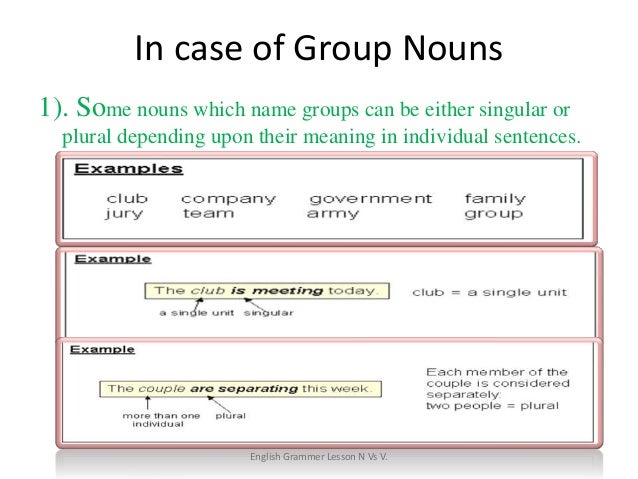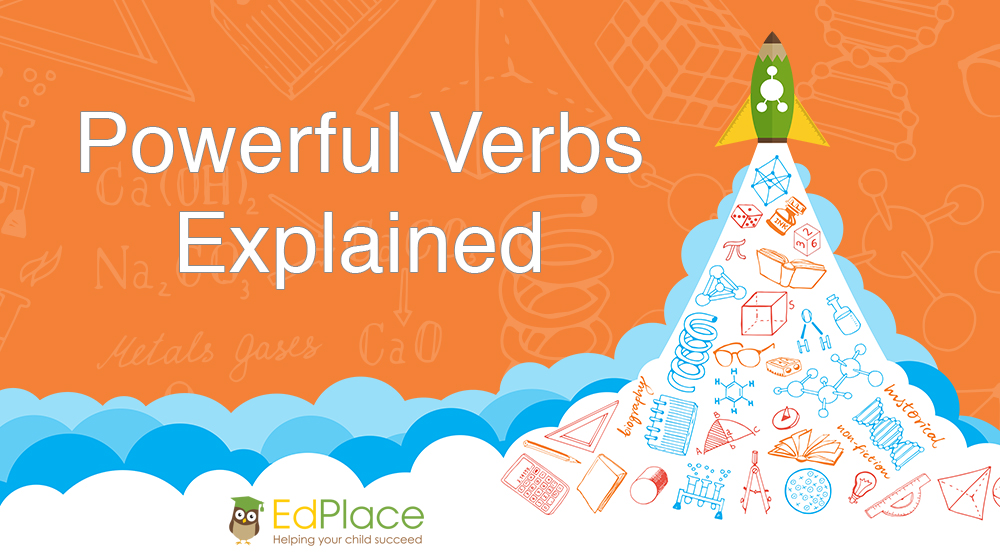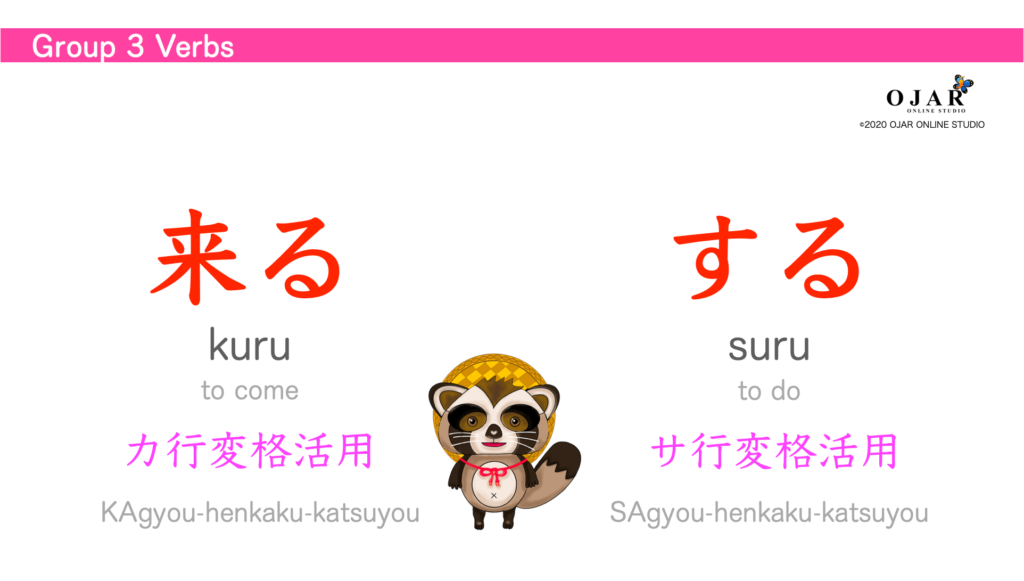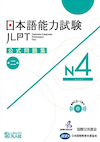This week's home learning is to practise using nouns, adjectives and verbs correctly. You need to colour the common nouns in blue and the proper nouns in red. Look at the letters and think of an interesting adjective you can use to fit each letter e.g.
The children have been sent home spellings today that focus on understanding and spelling the prefix 'un', topic words and common exception words. We will have a spelling quiz for these onFriday 4th December. You need to write four common nouns beginning with S and write four proper nouns beginning with S. The children have been sent home spellings today that focus on understanding and spelling the prefix 'mis', topic words and common exception words. We will have a spelling quiz for these on Thursday 17th December.
The national curriculum for English reflects the importance of spoken language in pupils' development across the whole curriculum – cognitively, socially and linguistically. Spoken language underpins the development of reading and writing. The quality and variety of language that pupils hear and speak are vital for developing their vocabulary and grammar and their understanding for reading and writing.
Teachers should therefore ensure the continual development of pupils' confidence and competence in spoken language and listening skills. Pupils should develop a capacity to explain their understanding of books and other reading, and to prepare their ideas before they write. Pupils should also be taught to understand and use the conventions for discussion and debate. If they are still struggling to decode and spell, they need to be taught to do this urgently through a rigorous and systematic phonics programme so that they catch up rapidly. The national curriculum for English reflects the importance of spoken language in pupils' development across the whole curriculum - cognitively, socially and linguistically.
Spoken language continues to underpin the development of pupils' reading and writing during key stage 4 and teachers should therefore ensure pupils' confidence and competence in this area continue to develop. For pupils who do not have the phonic knowledge and skills they need for year 2, teachers should use the year 1 programmes of study for word reading and spelling so that pupils' word-reading skills catch up. However, teachers should use the year 2 programme of study for comprehension so that these pupils hear and talk about new books, poems, other writing, and vocabulary with the rest of the class. Teachers should also ensure that pupils continue to learn new grapheme-phoneme correspondences and revise and consolidate those learnt earlier. The understanding that the letter on the page represent the sounds in spoken words should underpin pupils' reading and spelling of all words. The term 'common exception words' is used throughout the programmes of study for such words.
Listening to a story develops reading skills, builds vocabulary and broadens general knowledge. It also helps to support your child's writing skills and understanding of grammar and punctuation. They should be able to reflect their understanding of the audience for and purpose of their writing by selecting appropriate vocabulary and grammar. Teachers should prepare pupils for secondary education by ensuring that they can consciously control sentence structure in their writing and understand why sentences are constructed as they are. Pupils should understand nuances in vocabulary choice and age-appropriate, academic vocabulary.
This involves consolidation, practice and discussion of language. During years 5 and 6, teachers should continue to emphasise pupils' enjoyment and understanding of language, especially vocabulary, to support their reading and writing. Pupils' knowledge of language, gained from stories, plays, poetry, non-fiction and textbooks, will support their increasing fluency as readers, their facility as writers, and their comprehension. As in years 3 and 4, pupils should be taught to enhance the effectiveness of their writing as well as their competence.
Opportunities for teachers to enhance pupils' vocabulary arise naturally from their reading and writing. They should also teach pupils how to work out and clarify the meanings of unknown words and words with more than 1 meaning. References to developing pupils' vocabulary are also included in the appendices. Students also need to appreciate how language works at text, sentence and word level. Teachers should build on the knowledge and skills that pupils have been taught at key stage 3.
Decisions about progression should be based on the security of pupils' linguistic knowledge, skills and understanding and their readiness to progress to the next stage. Pupils whose linguistic development is more advanced should be challenged through being offered opportunities for increased breadth and depth in reading and writing. Those who are less fluent should consolidate their knowledge, understanding and skills, including through additional practice. Pupils should be taught to control their speaking and writing consciously, understand why sentences are constructed as they are and to use Standard English.
They should understand and use age-appropriate vocabulary, including linguistic and literary terminology, for discussing their reading, writing and spoken language. It is important that pupils learn the correct grammatical terms in English and that these terms are integrated within teaching. Opportunities for teachers to enhance pupils' vocabulary will arise naturally from their reading and writing. Teachers should show pupils how to understand the relationships between words, how to understand nuances in meaning, and how to develop their understanding of, and ability to use, figurative language. It is essential that pupils whose decoding skills are poor are taught through a rigorous and systematic phonics programme so that they catch up rapidly with their peers in terms of their decoding and spelling.
As in key stage 1, however, pupils who are still struggling to decode need to be taught to do this urgently through a rigorous and systematic phonics programme so that they catch up rapidly with their peers. If they cannot decode independently and fluently, they will find it increasingly difficult to understand what they read and to write down what they want to say. As far as possible, however, these pupils should follow the year 3 and 4 programme of study in terms of listening to new books, hearing and learning new vocabulary and grammatical structures, and discussing these. During year 2, teachers should continue to focus on establishing pupils' accurate and speedy word-reading skills. They should also make sure that pupils listen to and discuss a wide range of stories, poems, plays and information books; this should include whole books.
The sooner that pupils can read well and do so frequently, the sooner they will be able to increase their vocabulary, comprehension and their knowledge across the wider curriculum. However, once pupils have already decoded words successfully, the meaning of those that are new to them can be discussed with them, thus contributing to developing their early skills of inference. Listening to and discussing information books and other non-fiction establishes the foundations for their learning in other subjects. Pupils should be shown some of the processes for finding out information. We need to plan in rich reading experiences linked to specific language goals.
Exposing our pupils to high-quality reading will increase their vocabulary and provide opportunities for discussion around authorial choices. However, we do not want our children writing to a formula, simply copying the models they have read. We must explicitly share good examples of grammar and model how to make similar choices using strategies such as 'thinking aloud' to share the process we take as writers.
We begin to teach French formally at KS2, when children participate in a weekly timetabled French lesson. French is taught as a discrete subject and we follow the sequence of units from the scheme, to ensure a progressive sequence of vocabulary, skills and knowledge. This lesson plan provides students with the opportunity to learn, revise and practice the use of nouns, verbs and adjectives in their writing. This lesson was originally created for a year 3 class, however is easily adaptable for children in Years 2 to 4, and beyond if appropriate. Pupils should be able to write down their ideas with a reasonable degree of accuracy and with good sentence punctuation. Teachers should therefore be consolidating pupils' writing skills, their vocabulary, their grasp of sentence structure and their knowledge of linguistic terminology.
Teaching them to develop as writers involves teaching them to enhance the effectiveness of what they write as well as increasing their competence. Pupils should be beginning to understand how writing can be different from speech. Joined handwriting should be the norm; pupils should be able to use it fast enough to keep pace with what they want to say.
It is true that children must be able to identify grammatical features such as 'nouns', 'verbs' and 'simple sentences', however, functional grammar goes further than just looking at a word within a sentence. They must also understand why, where and in what order these are used to be able to apply them within their own oracy and writing. However, there is powerful research evidence, including a large-scale study from Exeter University (Myhill et al., 2013) that demonstrates the benefits of relevant grammar when taught explicitly and in context.
Teachers who contextualised the study of grammar within the reading of literature and discussed real life texts reported a positive impact on pupils' writing and a deeper knowledge and understanding of language. Students can then complete an activity such as Battleship for further practice. You can adapt this classic game for use in the classroom. While it can be time consuming to explain, especially to beginners, your students will enjoy playing and it can be used to practice a wide variety of topics.
To play Battleship students should work in pairs using a worksheet. For this class, the grids on the worksheet might have I, You, He, She, Jenny, Ms. Smith in the first column and happy, fun, from Korea, sad, silly, from America in the first row. Students then practice sentences such as "I am silly." to try to locate and sink all of their opponents ships first.
There may not be enough time in the first lesson to begin this activity but devoting the second lesson entirely to Battleship would give your students lots of speaking practice. For a third class, introduce the question that goes along with this target structure and have students play using the same worksheet but by making questions such as "Is Ms. Smith from America? A noun group is a group of words relating to, or building on, a noun. These should be taught to be seen as a chunk of information rather than a list or string of individual words. In factual texts, noun groups contain the 'content' across key learning areas.
In literary texts they develop creative expression, important for building the story world, characterisation and imagery. Teach students as a whole about grammatical functions and how to identify nouns, verbs, and adjectives. The teacher will project an interactive ebook onto the screen in front of the class.
As a group the students will take turns to read the ebook. The entire class will then work together, to complete the comprehension activities provided in the book; here the teacher can choose students to answer the questions. Group one will identify the verbs, group two will have to identify the nouns, and group three will identify the adjectives. Pupils should be encouraged to use drama approaches to understand how to perform plays and poems to support their understanding of the meaning. These activities also provide them with an incentive to find out what expression is required, so feeding into comprehension.
Pupils who are still at the early stages of learning to read should have ample practice in reading books that are closely matched to their developing phonic knowledge and knowledge of common exception words. As soon as the decoding of most regular words and common exception words is embedded fully, the range of books that pupils can read independently will expand rapidly. Pupils should have opportunities to exercise choice in selecting books and be taught how to do so.
The programmes of study for English are set out year-by-year for key stage 1 and two-yearly for key stage 2. The single year blocks at key stage 1 reflect the rapid pace of development in word reading during these 2 years. Schools are, however, only required to teach the relevant programme of study by the end of the key stage. Within each key stage, schools therefore have the flexibility to introduce content earlier or later than set out in the programme of study. In addition, schools can introduce key stage content during an earlier key stage if appropriate. All schools are also required to set out their school curriculum for English on a year-by-year basis and make this information available online.
Throughout the programmes of study, teachers should teach pupils the vocabulary they need to discuss their reading, writing and spoken language. Lessons, we have continued to learn about different word classes and how to use them to make our writing more engaging. Practising identifying the subject and verb in a sentence is also helping us to demarcate our sentences more accurately. We have done a lot of work on the use of conjunctions to join clauses and extend our sentences, focusing particularly on how to use subordinating conjunctions. We used these to write a letter in charater as Lila from the story, explaining to her father why she had decided to run away. During the introduction section of your lesson, introduce any new vocabulary you plan to use in this lesson.
Some emotions and adjectives would be good because students will then be able to form complete meaningful sentences. Introduce words such as happy and sad if students have not yet learned them. Use flashcards to drill vocabulary and have students complete some simple worksheet activities for further practice. Have students write a two-paragraph story using common verbs, as well as past and present tense verbs. These paragraphs should infuse noun usage from previous grammar lessons with verb usage from the current lesson.
Have students take turns reading one of their paragraphs to the class and identify the verbs within each paragraph. We use the present perfect and past perfect verb tenses when talking or writing about actions that are completed by the present or by a specific moment in the past or future. In our parents' guide to the perfect verb tenses we explain what children are taught in the primary-school classroom as part of the grammar curriculum. In Year 6, pupils will further their skills in expressing preferences and opinions in relation to school subjects and also with regards to food. They will learn increasingly complex sentence structures to state whether they like a subject and begin to form comparative sentences.
When talking about leisure activities, they will explore phrases that include an infinitive verb and a noun. (J'aime regarder la télé.) Children will extend the range of questions they ask and be encouraged to use this way to ask to do things outside of French lessons. (E.g. Je peux aller au...) Having previously in Y5 given descriptions of their physical appearance in first person, now they will do the same in the third person. Depending on time, children could then choose another 3 word cards randomly and complete the same activity with minimal assistance. The teacher may choose with a support group at this stage, while the more capable students work independently. Students write their 3 words in the correct column in their books, then write a sentence using the words they chose.
What Is A Verb Year 3 English has a pre-eminent place in education and in society. Through reading in particular, pupils have a chance to develop culturally, emotionally, intellectually, socially and spiritually. Literature, especially, plays a key role in such development. Reading also enables pupils both to acquire knowledge and to build on what they already know.
All the skills of language are essential to participating fully as a member of society; pupils, therefore, who do not learn to speak, read and write fluently and confidently are effectively disenfranchised. Reading and listening to whole books, not simply extracts, helps pupils to increase their vocabulary and grammatical knowledge, including their knowledge of the vocabulary and grammar of Standard English. These activities also help them to understand how different types of writing, including narratives, are structured.
Pupils should be taught how to read words with suffixes by being helped to build on the root words that they can read already. Fluent word reading greatly assists comprehension, especially when pupils come to read longer books. Good comprehension draws from linguistic knowledge and on knowledge of the world. Comprehension skills develop through pupils' experience of high-quality discussion with the teacher, as well as from reading and discussing a range of stories, poems and non-fiction. Reading widely and often increases pupils' vocabulary because they encounter words they would rarely hear or use in everyday speech. Reading also feeds pupils' imagination and opens up a treasure house of wonder and joy for curious young minds.


























No comments:
Post a Comment
Note: Only a member of this blog may post a comment.